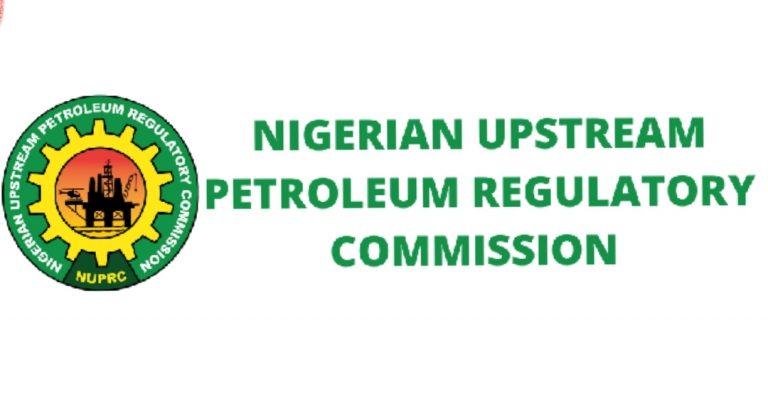
Keep up with the latest news and be part of our weekly giveaways and airtime sharing; follow our WhatsApp channel for more updates. Click to Follow us
Nigeria’s petroleum regulatory commission has issued a stern warning to exploration and production companies, directing them to adhere to crude oil supply obligations for local refineries. Failure to comply will result in denied export permits for crude oil cargoes intended for domestic refining.
The Nigerian Upstream Petroleum Regulatory Commission (NUPRC) stressed that any changes to cargoes designated for domestic refining must receive express approval from the Commission’s Chief Executive. This directive comes on the heels of complaints from local refiners, including the Dangote Petroleum Refinery, who are struggling to secure adequate crude supplies.
According to NUPRC data, the Dangote refinery is expected to process 550,000 barrels per day and 17.05 million barrels per month in the first half of the year. However, sources claim the government has not met this demand, with suppliers requesting partial payment in US dollars.
In a letter dated February 2, 2025, NUPRC Chief Executive Gbenga Komolafe reiterated that diverting crude oil meant for local refineries violates the law. “Kindly note that the diversion of crude cargo designated for domestic refineries is a violation of the law, and the Commission will henceforth disallow export permits for such cargo,” Komolafe stated.
Komolafe also emphasized that all cargoes designated for domestic refining can only be altered with the express approval of the Commission Chief Executive. The commission has taken significant regulatory actions to enforce compliance, including developing and signing the Production Curtailment and Domestic Crude Oil Supply Obligation Regulation 2023.
A stakeholder meeting attended by over 50 industry players was held last weekend to resolve the issue. Both refiners and producers blamed each other for inconsistencies in implementing the domestic crude supply obligation policy. However, both sides acknowledged that the regulator has implemented measures to ensure compliance.
The commission cautioned against further breaches, advising refiners to adhere to international best practices and reminding producers that any variation of the DCSO policy conditions requires express approval. The CCE warned that non-compliance threatens Nigeria’s energy security.
Please don’t forget to “allow the notification” so you will be the first to get our gist when we publish it.
Drop your comment in the section below, and don’t forget to share the post.








